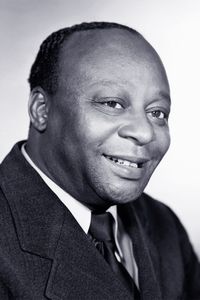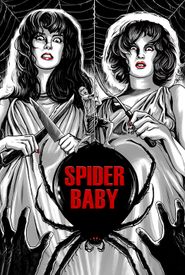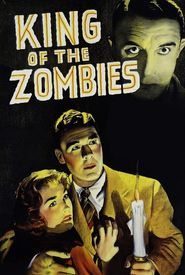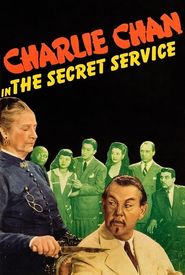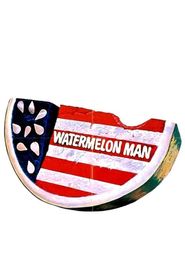Mantan Moreland, a talented comedian and actor, was born on September 3, 1902, in Louisiana to a Dixieland bandleader. He developed a passion for performing at a young age and would often run away from home to join circuses, minstrel shows, and medicine shows, where he honed his comic skills.
Mantan's early career took him to the vaudeville stage, where he became known for his "indefinite talk" routines, a style of comedy that involved two quick-witted comedians continually topping each other in mid-sentence. He also performed in musical revues, including "Blackbirds of 1928" and "Connie's Inn Frolics" in Harlem.
In the 1930s, Mantan transitioned to film, where he appeared in a string of comedy thrillers and western parodies. He often played the role of a frightened, superstitious manservant, and his talent for making people laugh earned him featured status in many films. Some of his notable roles include "Harlem on the Prairie" (1937),"Two-Gun Man from Harlem" (1938),"Millionaire Playboy" (1940),and "Ellery Queen's Penthouse Mystery" (1941).
Mantan also appeared in a series of films with his vaudeville partner, F.E. Miller, including "That's the Spirit" (1933) and "Cracked Nuts" (1941). He worked with other famous comedians, such as Shemp Howard and Frankie Darro, and even starred in two self-named vehicles, "Mantan Messes Up" (1946) and "Mantan Runs for Mayor" (1946).
In the 1950s, racial attitudes began to shift, and Mantan's brand of humor, which was once popular, was no longer considered funny. He was ostracized by Hollywood and lost work, a fate shared by other black actors, such as Stepin Fetchit.
Despite this setback, Mantan managed to find work in the late 1960s, appearing in TV shows and commercials, and even working with famous comedians like Bill Cosby and Godfrey Cambridge. He appeared in bit parts in films like "The Patsy" (1964),"Enter Laughing" (1967),and "Watermelon Man" (1970).
Mantan's final movie was a bit part in "The Young Nurses" (1973),but his health was failing, and he died of a cerebral hemorrhage on September 28, 1973, just as he was starting to settle back into work. Today, audiences are more understanding of Mantan's legacy, recognizing him as a talented comedian who broke major barriers for black actors in Hollywood.
